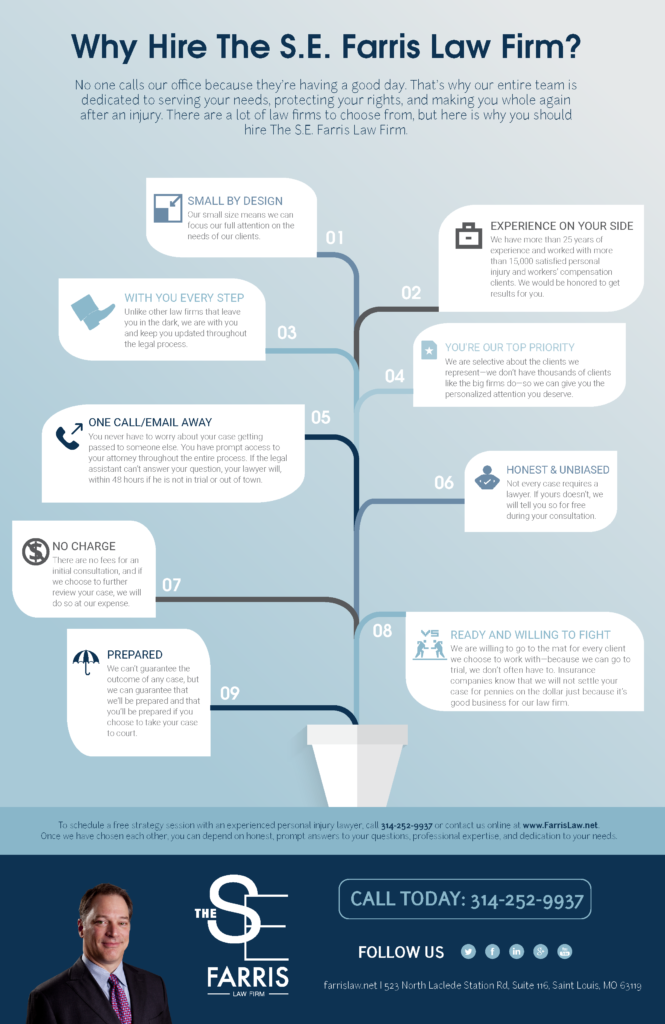The Role Of Evidence In Criminal Defense: Key Realities You Must Know
The Role Of Evidence In Criminal Defense: Key Realities You Must Know
Blog Article
Team Author-Wrenn Arthur
When you think of criminal protection, evidence is often the first thing that enters your mind, and completely factor. It's the foundation upon which your situation stands, forming the story and affecting the jury's understanding. linked web page of evidence, from physical to digital, each play an unique duty in developing a protection. Yet not all proof is dealt with equally; admissibility criteria can make or break your protection technique. Comprehending these nuances is important, especially when taking into consideration how they can influence the outcome of a test. So, what should you understand about these standards?
Kinds of Evidence
When it comes to criminal defense, recognizing the sorts of evidence can make all the difference in your instance. Proof falls into numerous categories, each playing an essential role in establishing the facts of your situation.
One usual type is testimonial evidence, which includes statements made by witnesses. Their accounts can supply insight into what occurred and can either sustain or test the prosecution's insurance claims.
Physical proof is an additional important type, including tangible products like weapons, garments, or finger prints. This sort of evidence can straight connect you to a criminal activity or aid negate claims against you.
After that there's documentary proof, which includes documents, photographs, or any kind of written materials relevant to your case. These papers can supply a timeline or context that's vital for your defense.
Finally, you can't overlook electronic evidence, which includes data from smartphones, computers, or social networks. This type of evidence can expose vital info about your tasks or communications.
Admissibility Criteria
In criminal protection, the admissibility of evidence is important to your situation's outcome. You'll require to understand the requirements that identify whether proof can be made use of in court. Generally, evidence should matter, reputable, and gotten lawfully to be taken into consideration permissible.
Significance suggests the evidence should directly associate with the situation and aid prove or disprove a truth moot. If it doesn't link to your defense or the fees versus you, it may be omitted.
Reliability makes sure that the evidence is credible and trustworthy; for instance, eyewitness testament can be cast doubt on if the witness has a background of unreliable accounts.
In addition, evidence needs to be gathered according to lawful procedures. Any type of evidence gotten with prohibited ways, such as an unlawful search or seizure, might be considered inadmissible under the exclusionary regulation.
Understanding these requirements can empower you to work efficiently with your lawyer. They'll navigate the intricacies of these regulations to enhance your defense, guaranteeing only the best proof exists in your favor.
Always remember, the admissibility of evidence can substantially affect the court's assumption of your case.
Effect On Protection Strategies
The admissibility of evidence directly shapes your defense strategies. When evidence is considered admissible, you can use it to develop a solid instance. Alternatively, if proof is ruled inadmissible, you need to pivot your method. Understanding what proof the prosecution can offer helps you anticipate their arguments and prepares you to counter them properly.
You'll want to concentrate on celebration evidence that supports your protection. This may include witness declarations, professional testimony, or papers that difficulty the prosecution's insurance claims. The objective is to create practical uncertainty in the minds of the jurors. If particular pieces of evidence are weak or controversial, you might consider a technique that highlights other solid facets of your situation.
Additionally, the type of evidence-- whether it's forensic, testimonial, or digital-- will determine exactly how you connect your protection. You'll need to craft compelling narratives that resonate with the jury while utilizing permissible evidence to support your cases.
Eventually, your strategy needs to be adaptable, enabling you to adjust as brand-new evidence emerges or as judgments are made. Each choice you make must line up with the objective of ensuring the most effective feasible outcome for your situation.
Conclusion
In criminal protection, proof plays a pivotal role fit your instance. By understanding the various types of proof and their admissibility criteria, you can enhance your defense method and create reasonable question psychological of jurors. Working together very closely with your lawful guidance ensures that your proof exists properly and adapts to any kind of brand-new advancements throughout the trial. Ultimately, the ideal evidence can make all the difference in achieving a beneficial outcome.
